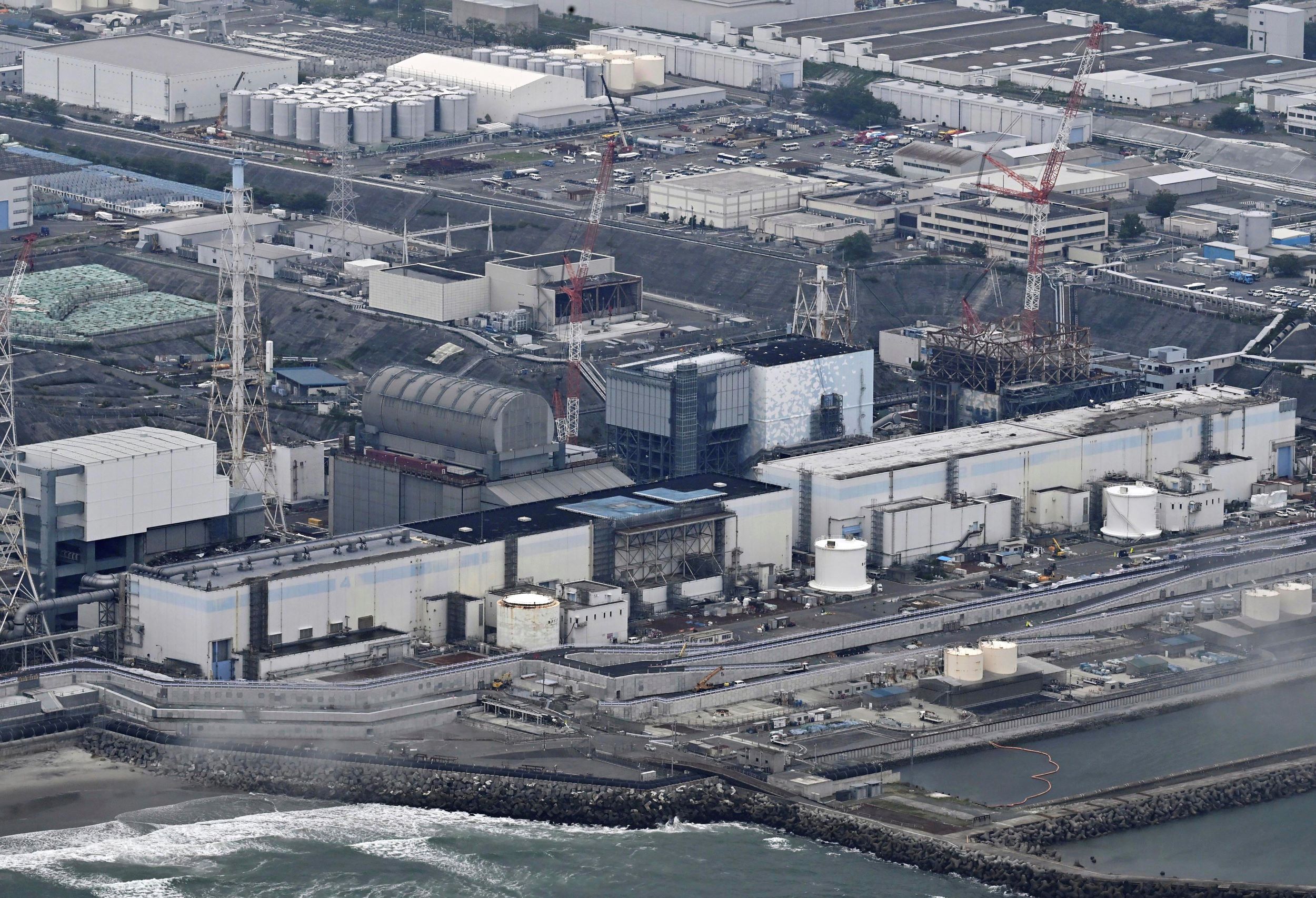
TOKYO - Despite persistent opposition at home and abroad, Japan on Thursday started its ninth round of release of nuclear-contaminated wastewater from the crippled Fukushima Daiichi Nuclear Power Plant into the Pacific Ocean.
The same as the previous rounds, about 7,800 tons of wastewater will be discharged from about a kilometer off the coast of Fukushima Prefecture via an underwater tunnel until Oct 14.
ALSO READ: Opposition firms up on anniversary of Japan's nuke water discharge
Hit by a 9.0-magnitude earthquake and an ensuing tsunami on March 11, 2011, the Fukushima nuclear plant suffered core meltdowns that released radiation, resulting in a level-7 nuclear accident, the highest on the International Nuclear and Radiological Event Scale.
The plant has been generating a massive amount of water tainted with radioactive substances from cooling down nuclear fuel in reactor buildings. The contaminated water is now being stored in tanks at the nuclear plant.
READ MORE: Japan starts 8th discharge of Fukushima nuclear-tainted wastewater
Despite opposition from local fishermen, residents and the international community, ocean discharge of the Fukushima nuclear-contaminated water began in August 2023.
In fiscal 2024, TEPCO plans to discharge a total of 54,600 tons of contaminated water in seven rounds, which contains approximately 14 trillion becquerels of tritium.
ALSO READ: Wang: China-Japan relations at critical juncture
While competent departments of China and Japan have recently reached an agreement on the discharge, China has reaffirmed that it is firmly opposed to Japan's unilateral move to start the discharge and this position remains unchanged.
The purpose of reaching the agreement with Japan is to urge Japan to earnestly fulfill its obligations under international law and its responsibility for safety oversight, to do its utmost to avoid leaving a negative impact on the environment and human health, and to effectively prevent the potential risk that may arise from the discharge, according to foreign ministry spokesperson Mao Ning.


